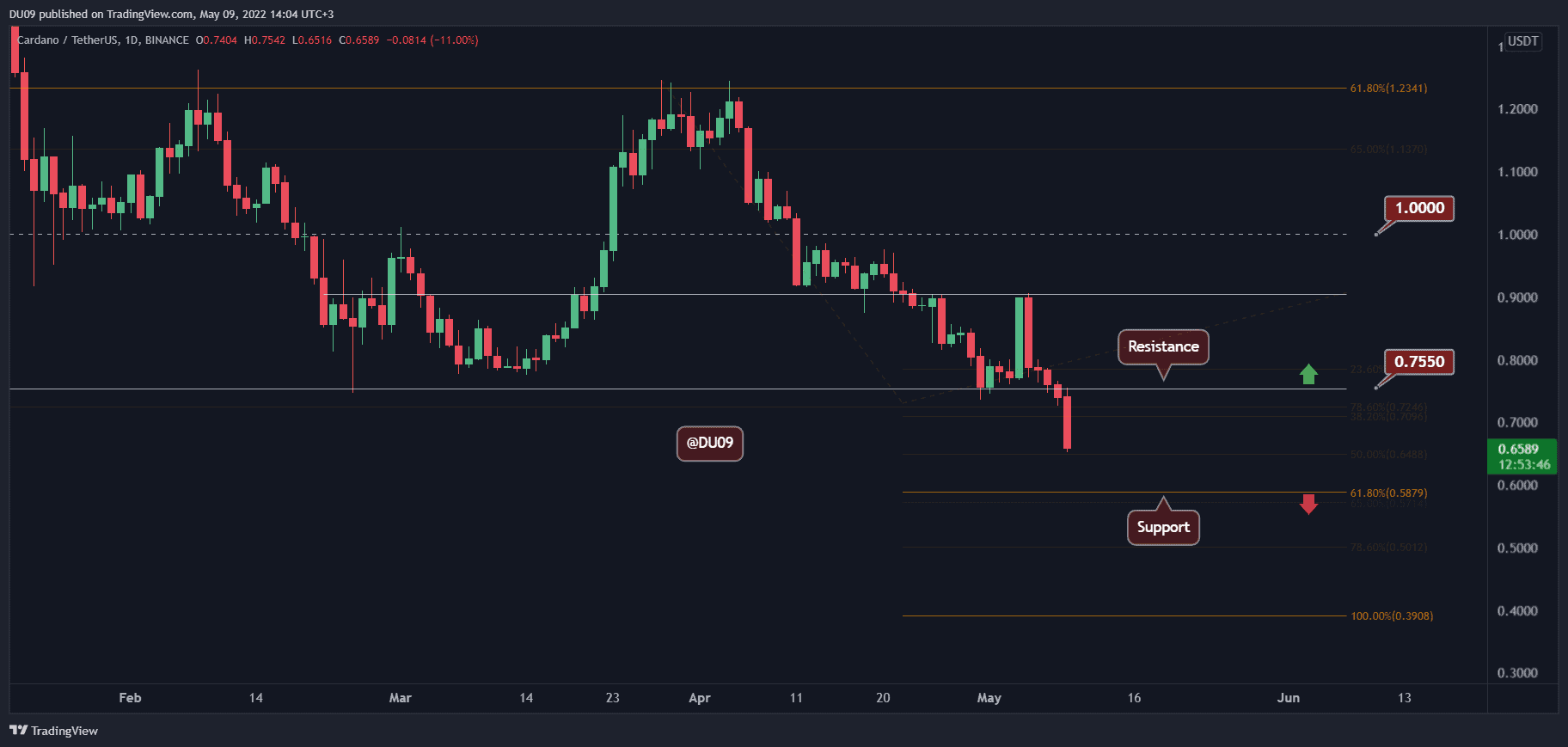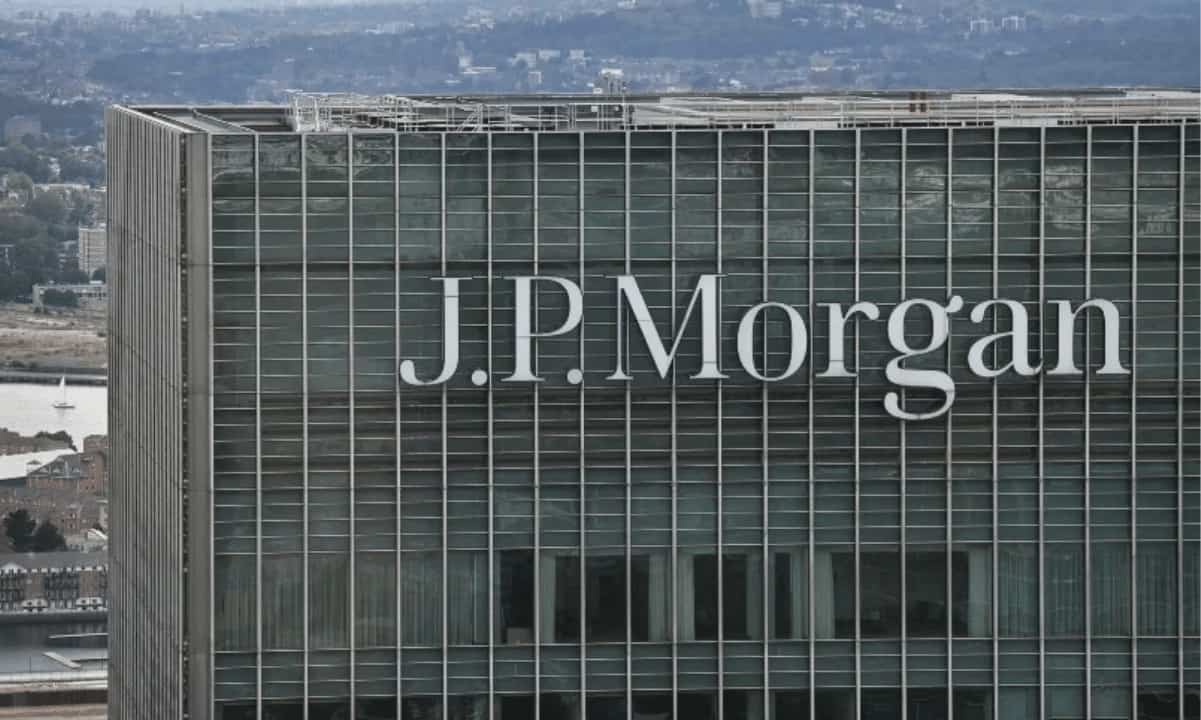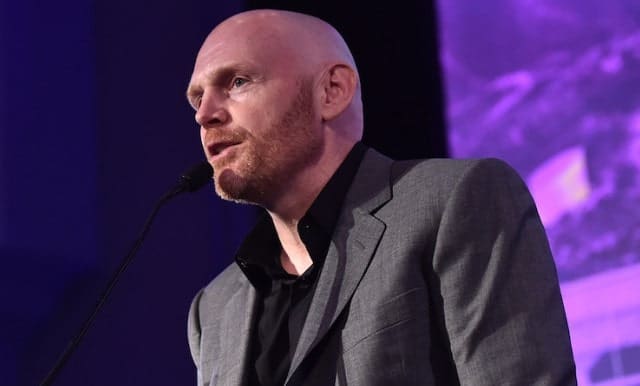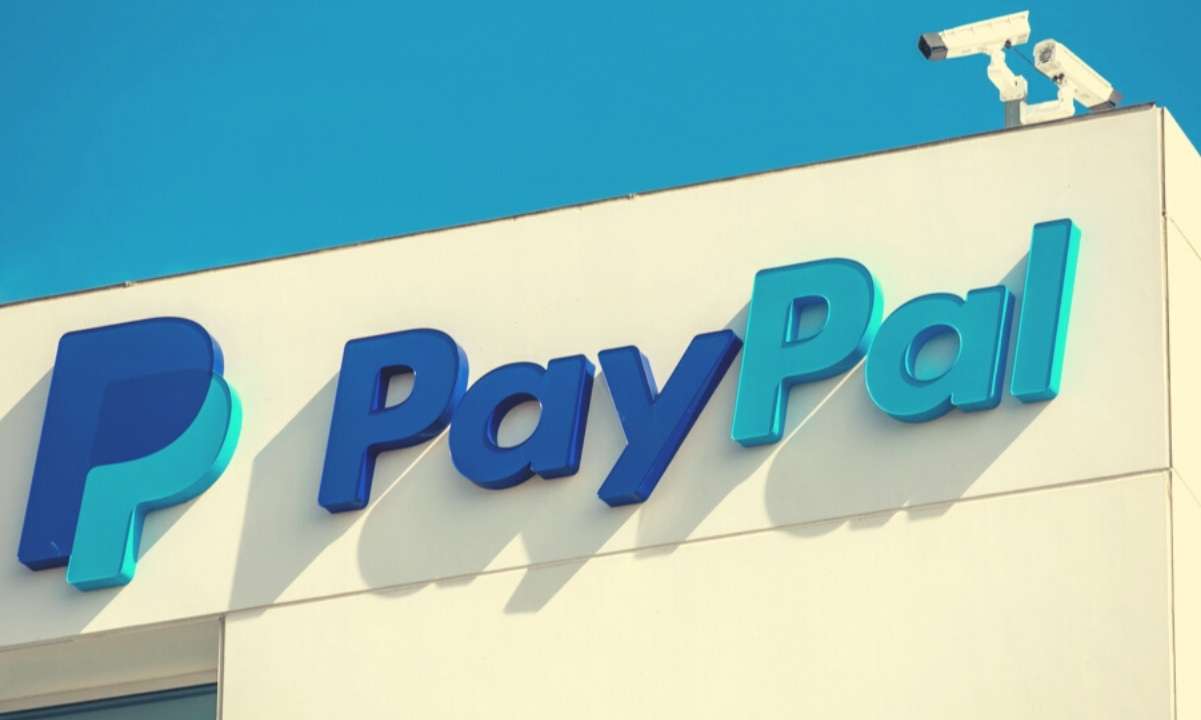Bictoin Bad? Leaked Documents Show Credit Suisse Operated Accounts of Criminals
Recently leaked documents showed that the giant private bank Credit Suisse had held hundreds of billions of dollars of clients alleged or involved in drug trafficking, corruption, torture, money laundering, and other serious crimes.
This comes years after the bank bashed the cryptocurrency industry, claiming that bitcoin presents money laundering challenges.
The Leaked Documents
A whistle-blower shared compromising data on more than 18,000 bank accounts holding over $100 billion to a German newspaper later distributed to numerous other media outlets, including the New York Times.
Some of the names that pop up in the documents include King Abdullah II of Jordan, former Venezuelan vice-minister of energy, Nervis Villalobos, and the two sons of former Egyptian president – Hosni Mubarak.
King Abdullah II has been accused of using shell companies registered in the Caribbean to buy dozens of properties, collectively worth over $100 million. Some of them are in southeast England, Washington DC, and Malibu, California.
Villalobos pleaded guilty to money laundering charges in connection with bribery schemes. Hosni Mubarak’s sons, on the other hand, were arrested for stock market manipulation and embezzling at least 500 million Egyptian pounds.
“Other account holders included sons of a Pakistani intelligence chief who helped funnel billions of dollars from the United States and other countries to the mujahedeen in Afghanistan in the 1980s and Venezuelan officials ensnared in a long-running corruption scandal.” – also reads the New York Post article.
This is a continuation of previous leaks coming in the past several years, such as the Panama Papers in 2016 and the Pandora Papers last year, that showcased billions of dollars worth of illicit money being handled by some of the largest banking institutions.
Credit Suisse Refutes
The century and a half-old bank with revenue in excess of $20 billion issued a statement refuting that it has been involved in any illegal activities. Candice Sun, a spokeswoman for the bank, said many of the leaked accounts were active in a “time where laws, practices, and expectations of financial institutions were very different from where they are now.”
However, some of those accounts were operational until the late 2010s, meaning that they were active when global regulators were enforcing strict rules on the industry.
“Of the remaining active accounts, we are comfortable that appropriate due diligence, reviews, and other control-related steps were taken, including pending account closures.” – she added.
The bank believes these leaks are a part of a “concerted effort” to discredit it and the Swiss financial marketplace, which “has undergone significant changes over the last several years.”
Credit Suisse and Bulgarian Cocaine Traffickers
Weeks prior to the aforementioned controversial data leaks, the Swiss-based banking institution faced charges in a local court for allowing a Bulgarian cocaine trafficking gang to launder millions of euros.
Swiss prosecutors alleged the bank and its former relationship managers of failing to take the necessary steps to prevent the hiding and laundering of illegally obtained cash for years. They also sought about $45 million in compensation.
Once again, Credit Suisse “unreservedly” rejected all allegations and promised to “defend itself vigorously in court.”
Oh, The Money Laundering Irony
Back in late 2017, when bitcoin was gaining traction on the international financial scene by surging towards its ATH of the time at $20,000, the then-CEO of Credit Suisse – Tidjane Thiam – didn’t have any positive words to say about the asset.
“Bitcoin presents a number of challenges. The first of them is really the anonymity. I think most banks in the current state of regulation have little or no appetite to get involved in a currency, which has such anti-money laundering challenges.”
Interesting. Thiam, who served as the bank’s chief executive for five years between 2015 and 2020, apparently wasn’t aware that all BTC transactions were actually recorded on the blockchain and are transparent.
The irony is also visible from the fact that the former head of the bank said bitcoin is involved in money laundering. At the same time, the new documents showed that the organization he spearheaded for years has done the exact same thing since the 1940s.
Separately, former Credit Suisse executives have jumped ship to the cryptocurrency industry, including David Olsson who became BlockFi’s global managing director a few years back.
Featured Image Courtesy of GlobalCapital









